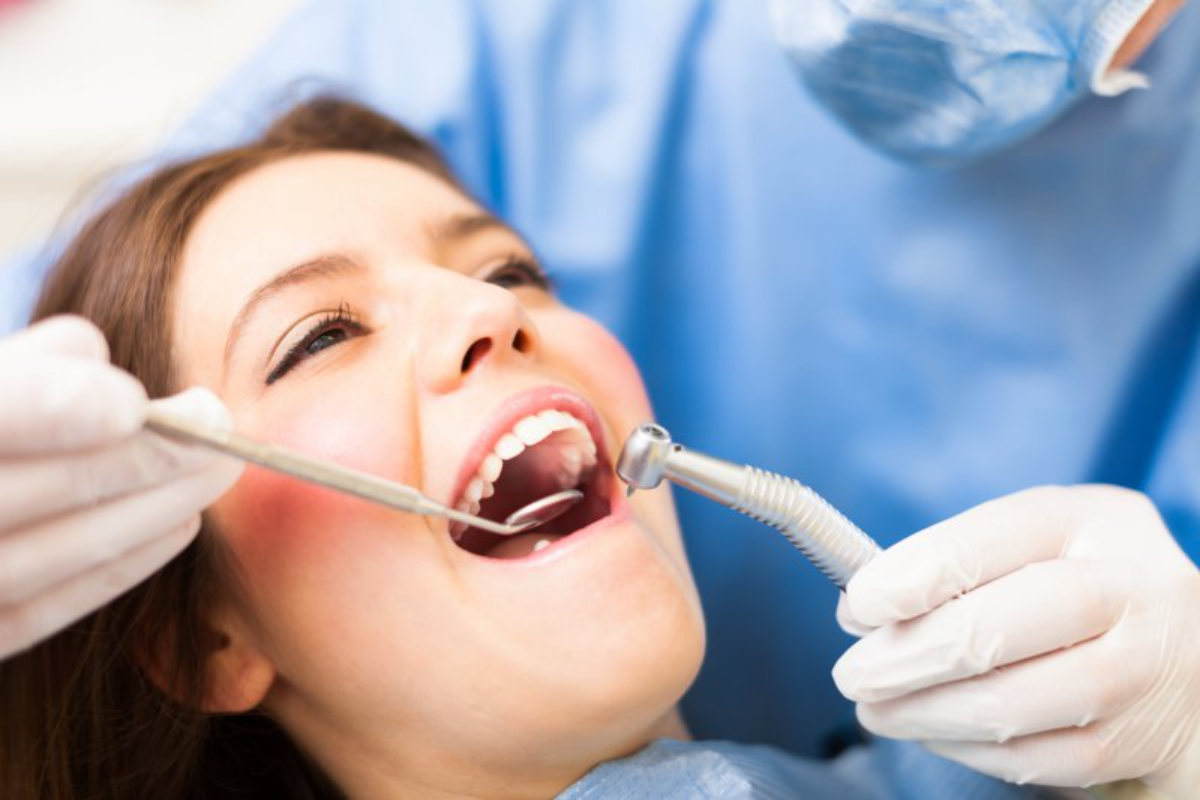Oral cancer is a serious health concern that can affect anyone, regardless of age or lifestyle. Early detection plays a crucial role in successful treatment, making regular oral cancer screenings an important aspect of overall healthcare. In this blog post, we’ll address seven common questions about oral cancer screenings in Airdrie to help you better understand their importance and the process involved.
Mouth cancer screenings are used by healthcare experts to detect indicators of cancer in your mouth cavity. They look for abnormalities and lesions in the inner linings of the lips, gums, cheeks, tongue, roof, and floor of the mouth. If the doctors discover anything abnormal, they will recommend you to an oncologist for additional evaluation.
What is Oral Cancer Screening?
Oral cancer screening is a thorough examination of the mouth, including the lips, tongue, gums, and other oral tissues, to detect any signs of cancer or precancerous conditions. It is usually performed by a dentist in Airdrie during routine dental check-ups.
The following guidelines list the areas looked at during an examination for oral cancer:
- The roof and floor of your mouth
- Tonsils
- Check the inner lining of the mouth
- Lips
- Gums
- Tongue
Who Should Undergo Oral Cancer Screening?
While anyone can develop oral cancer, certain individuals are at a higher risk, including tobacco and alcohol users, individuals with a history of oral cancer, and those with a family history of the disease. However, routine oral cancer screening near you is generally recommended for everyone as a preventive measure.
How is oral cancer screening conducted?
During an oral cancer screening, the dentist near you will visually examine the oral tissues for any abnormalities, such as lumps, sores, or discoloured areas. Some screenings may also involve additional tests, such as the use of special dyes or lights to detect potentially cancerous cells.
Is Oral Cancer Screening Painful?
No, oral cancer screening is a non-invasive and painless process. It involves a visual examination and, in some cases, additional diagnostic tools that do not cause discomfort. It’s a quick and simple procedure that can be performed during a regular dental check-up.
How Often Should I Get Screened for Oral Cancer?
The frequency of oral cancer screenings may vary based on individual risk factors. However, it is generally recommended to undergo oral cancer screening at least once a year, especially for those at higher risk.
Can Oral Cancer be Prevented?
While not all cases of oral cancer can be prevented, there are certain lifestyle choices that can reduce the risk. Avoiding tobacco and excessive alcohol consumption, practicing good oral hygiene, and adopting a healthy diet rich in fruits and vegetables can contribute to a lower risk of oral cancer.
What Happens If Abnormalities Are Detected?
If abnormalities are detected during an oral cancer screening, further diagnostic tests may be recommended. These may include biopsies or imaging studies to confirm the presence of cancerous cells. Early detection allows for more effective treatment options, increasing the chances of successful outcomes.
Is it possible for a dentist to detect oral cancer?
While oral cancer screenings can be performed by a variety of healthcare specialists, dentists typically provide them as part of normal exams. This type of screening is used by healthcare providers to look for indicators of cancer. If they discover anything suspicious, you will be advised to undergo more testing, diagnosis, and treatment. It should be noted that oral cancer screenings are not used to diagnose cancer.
Final thoughts
Oral cancer screening is a vital component of maintaining overall health, and understanding the process can help alleviate concerns. Regular screenings, coupled with a healthy lifestyle, contribute to the early detection and prevention of oral cancer, ultimately improving the chances of successful treatment. If you have any concerns or questions about oral cancer screening, consult Airdrie Choice Dental for personalized guidance.

